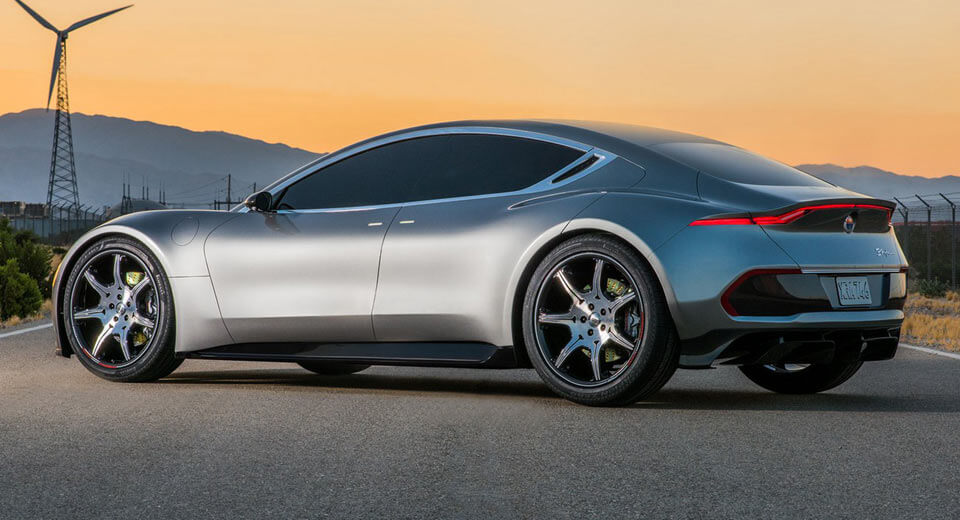
Fisker has filed patents for advanced flexible solid-state battery technology which it asserts could drastically change the automotive industry.
The company, currently in the process of preparing the EMotion for its global premiere at CES 2018, says it has developed solid-state battery technology that involves the construction of bulk three-dimensional solid-state electrodes with up to 25 times more surface area than other solid-state electrodes. This technology could deliver 2.5 times the energy density of a typical lithium-ion battery and cost just one-third the price by 2020.
Development of the technology is still in its infancy but when it’s finished, potentially after 2030, it could result in an all-electric car with a range exceeding 500 miles (800 km) that could be recharged in as little as one minute.
Fisker initially planned to launch the EMotion with advanced graphene battery cells. However, supplier Nanotech Energy, backed away from the deal, forcing Henrik Fisker’s company to switch to cylindrical lithium-ion NCM chemistry cells developed by LG Chem, a leading South Korean supplier.
While Fisker’s solid-state batteries remain years away from production, the company will demonstrate the technology at CES 2018 in January.




















